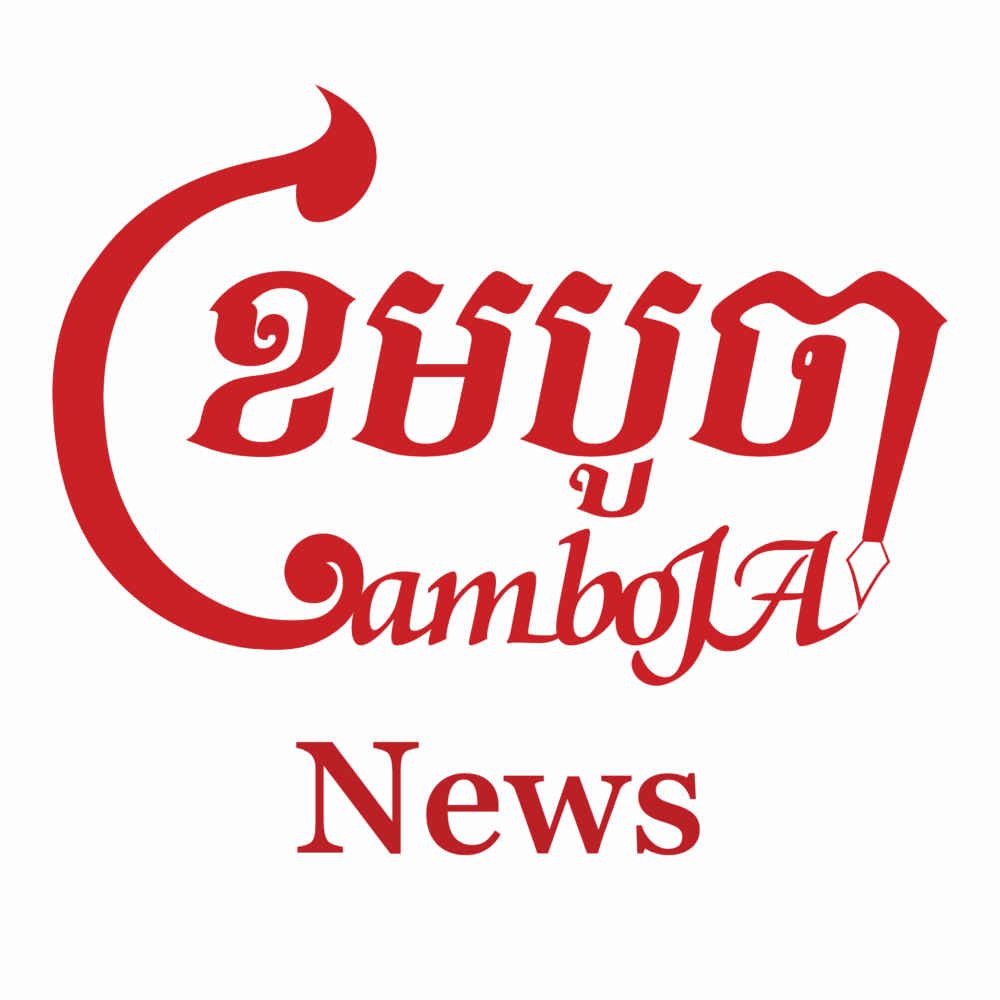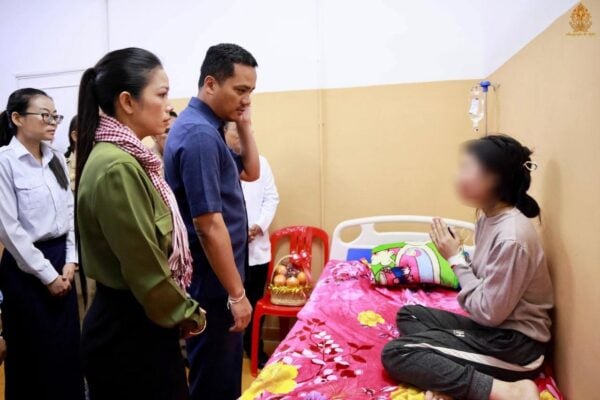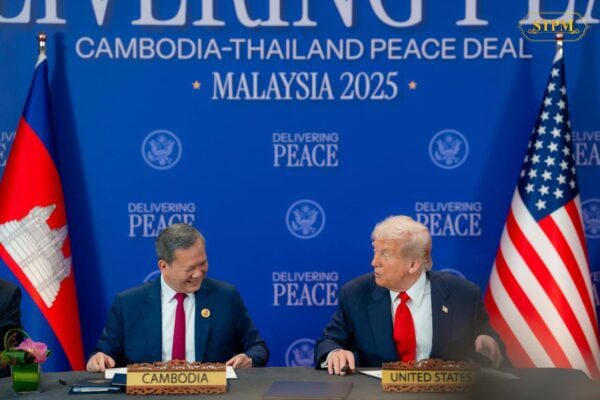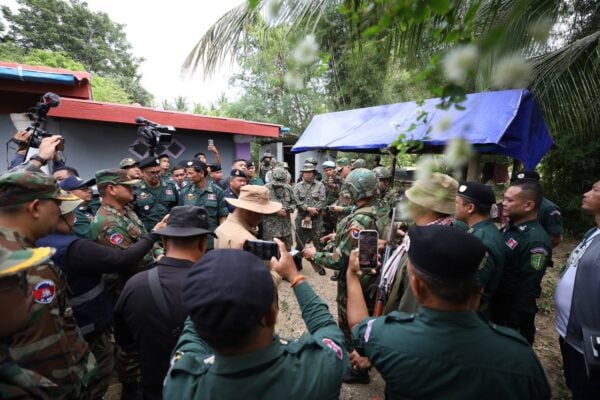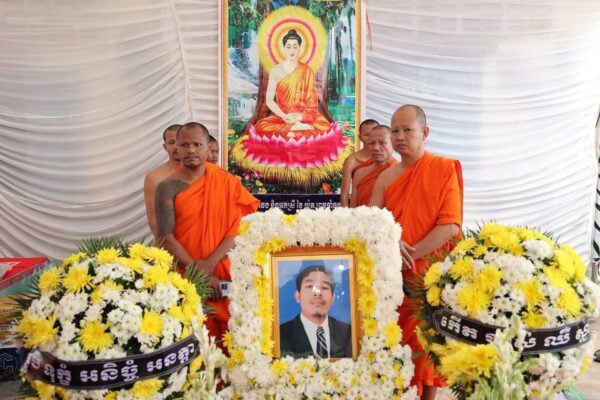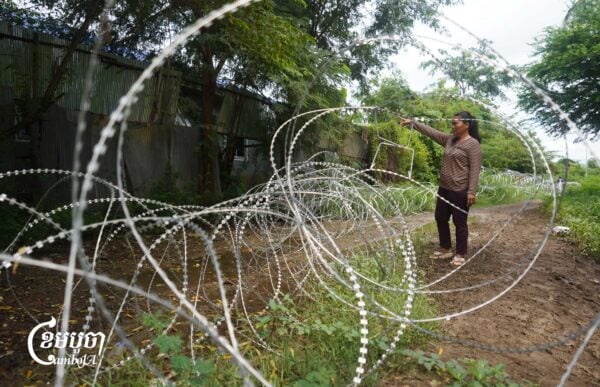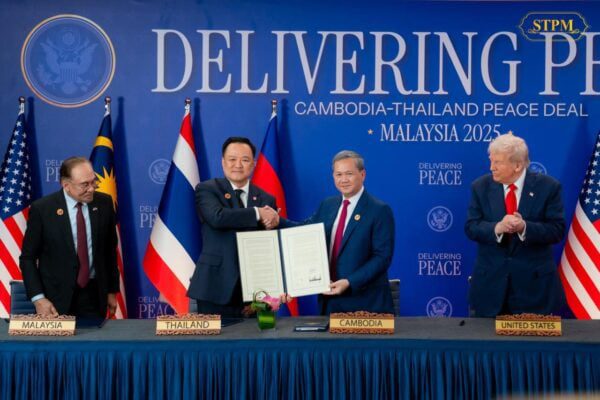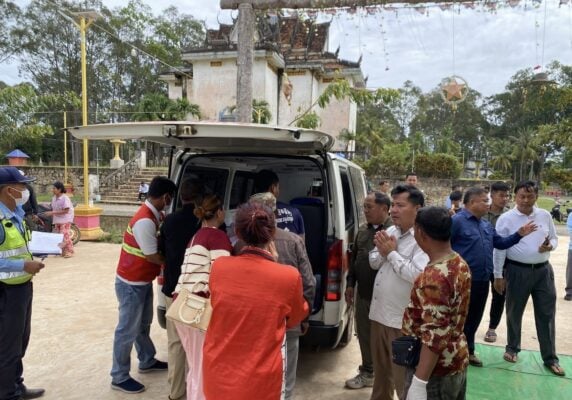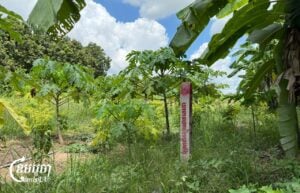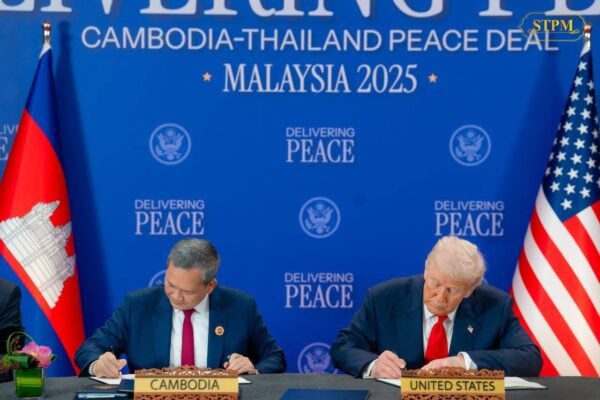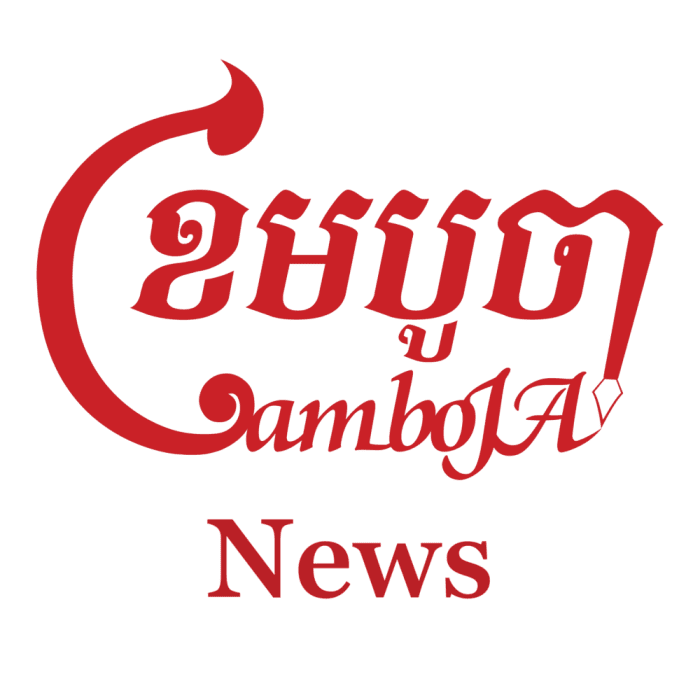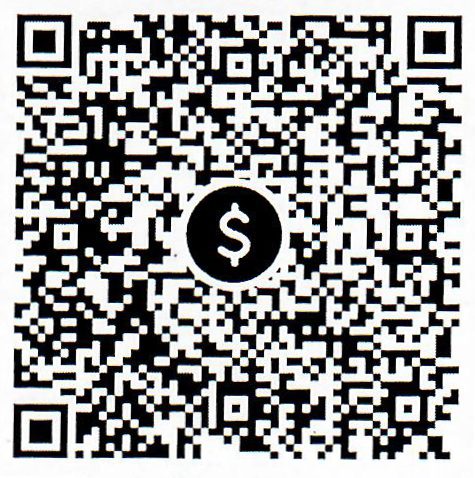Despite ongoing talks by the Cambodian-Thai Joint Boundary Committee (JBC), tensions between the countries show no signs of easing, with Cambodia officially halting fuel and gas imports from Thailand and permanently closing the Choam and Choub Korki border checkpoints to imports of Thai fruits and vegetables.
On June 23, Prime Minister Hun Manet announced a cessation of fuel and gas imports from Thailand, while assuring Cambodians that energy supply would not be affected.
“Fuel supply companies in Cambodia are able to import from other sources to meet domestic fuel and gas demands in the country—not just for a month, but even forever without any issue,” he said.
The move followed Senate President Hun Sen’s revelation that Thailand’s opposition party proposed their government stop oil exports to Cambodia, including supply from Thai energy giant PTT, to pressure Cambodia. Hun Sen warned that the tactic could backfire, urging the Cambodian government to diversify imports.
If tensions persist, he suggested the suspension of Thai canned goods too in favor of local or alternative products.
During the closing ceremony of the Central Committee meeting of the Union of Youth Federations of Cambodia (UYFC), Hun Manet thanked everyone who are affected by the border closure for their understanding.
“Thank you to the oil retailers, electricity and internet companies, and those affected by the unilateral border closure initiated by Thailand. We hope that this issue will be resolved soon, but the key [to solving it] is with Thailand,” he said.
He said Cambodia will not negotiate opening the borders or be the first to open them, adding that Thailand should do it first, as they are the ones who closed it unilaterally. There will also be no negotiations with the Thai army until the border is opened.
In the meantime, Hun Manet asked the Ministry of Commerce to control prices and prevent people from taking advantage of the import ban on vegetables and fruits from Thailand by raising prices.
A CamboJA News reporter visited several PTT fuel stations in Phnom Penh on Monday morning, where the staff reported lower numbers of customers filling up their vehicle following the fuel and gas imports from Thailand suspension, and an online campaign calling the public to boycott PTT stations.
“It is a bit quiet this morning,” said a PTT gasoline station worker, who declined to be named.
“We can’t entirely shut down operations because the station doesn’t fully belong to the PTT company, and we can import fuel from other sources,” said a foreman at the station located at the intersection of Monivong and Mao Tse Toung boulevards.
According to PTT’s fuel pump prices on Monday, diesel was 3,800 riel per liter, regular gasoline was 3,950 riel, and super gasoline was 4,550 riel per liter.
Tuk-tuk driver Tong Sarith, who was filling up his vehicle, expressed concern that fuel prices could rise due to the ongoing Cambodia-Thailand border conflict.
“It’s hard to say for sure right now, but if other companies are allowed to import fuel, the price may not increase significantly,” he said.
“We’re worried the price will go up, but I don’t think it will have a major impact immediately. However, when imports are disrupted, middlemen often take advantage of the situation and raise prices. Now, we just have to wait and see what happens in the next few days,” Sarith said.
He urged the government to “control the prices” and keep them stable, noting that current gas prices ranged between 1,900 and 2,000 riel per liter.
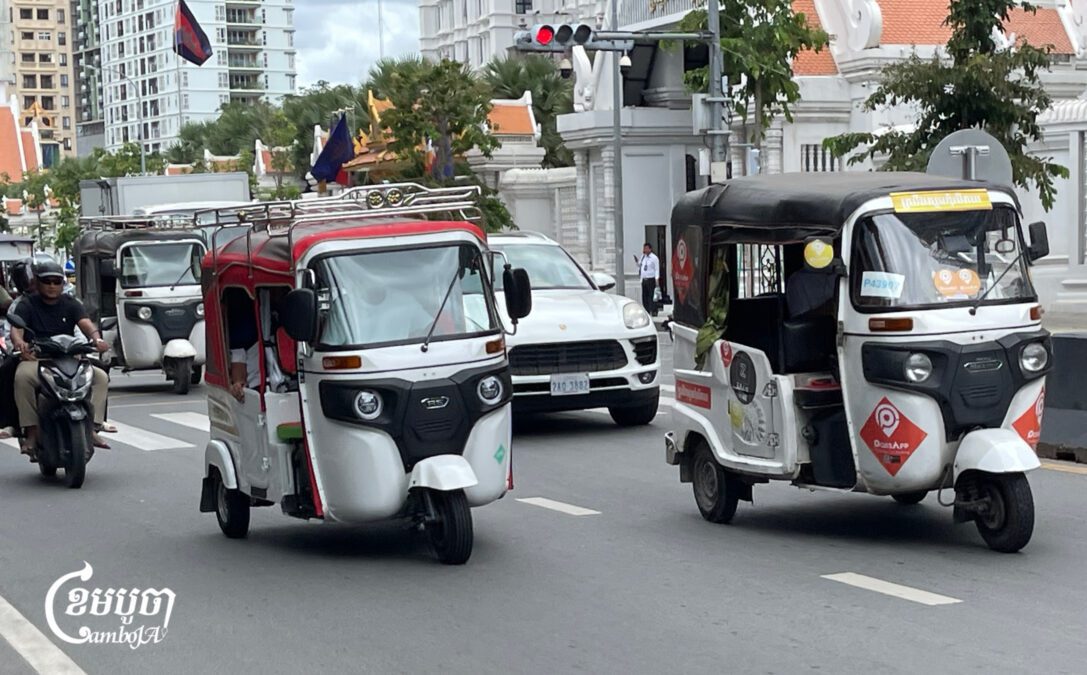
Quoting PTT, Thai media reported that the oil ban would not “significantly impact” its oil and retail revenue, as there are only 186 gas stations across Cambodia and 254 Café Amazon outlets compared to over 2,000 oil and retail stations in Thailand.
Nearly a month after the May 28 clash that killed a Cambodian soldier, tensions between Cambodia and Thailand remained high, compounded by the reduction of border gate operating hours, and the threat to disrupt internet and electricity supply.
In response, Cambodia went ahead and cut internet bandwidth import from Thailand and banned Thai films and boxing matches involving Thai fighters.
A ban on imports of fruits and vegetables from Thailand ensued on June 17 with the expiry of a 24-hour ultimatum to restore the border gate operating hours.
It was later revealed in a leaked phone call that Hun Sen urged Thai Prime Minister Paetongtarn Shinawatra to restore normal operations. In the call, Shinawatra asked Hun Sen to ignore “the other side” in Thailand—a reference to an alleged vocal general commanding troops near the border.
On June 22, Cambodia’s Foreign Ministry summoned the Thai Embassy and issued a diplomatic note protesting a complaint by a Thai official against Hun Sen for allegedly leaking the conversation with the Thai prime minister.
Thailand had earlier summoned the Cambodian ambassador to Thailand, and condemned the leak as “unacceptable conduct”, which violated diplomatic norms and the spirit of good neighborliness.
Meanwhile, the Cambodian Foreign Affairs and International Cooperation Ministry advised Cambodians to avoid travel to Thailand unless absolutely necessary.
On June 21, Thai’s Military Region 2 announced the closure of Choub Korki border checkpoint, as a response to Cambodia’s shutting of Choub Korki and Choam border checkpoint permanently. A day later, Royal Cambodian Armed Forces said they were “deeply concerned” with the entry of approximately 150 cyclists, who were led by three Thai soldiers, into the Ta Moan Thom Temple without prior notice. Cambodia said the move violated a bilateral agreement that sets visiting hours from 9 a.m. to 3 p.m.
